By Mike Lawal (Guest Writer)
She was only nine years old when she walked into the consultation room with her outraged mother, a neighbour and a police officer. With eyes filled with tears, her mother muttered, “My daughter was raped yesterday”. Her daughter was sexually assaulted by a close relative, and the police needed a medical report to prosecute the perpetrator. This is typical of rape cases in Nigeria.
Sexual violence is a major public health and human right issue. Sexual abuse cuts across all societies, manifesting in different shades. It is not entirely limited to women; men are affected as well. Nonetheless, according to the World Bank, more women have been sexually assaulted than males.
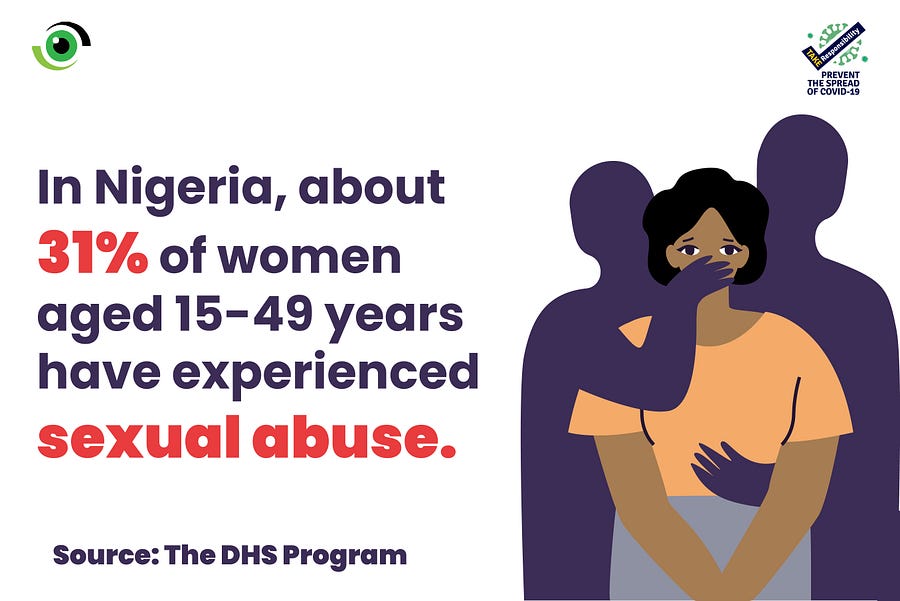
The World Health Organisation (WHO) defines sexual violence as “any sexual act, attempt to obtain a sexual act, unwanted sexual comments or advances, or acts to traffic, or otherwise directed, against a person’s sexuality using coercion, by any person regardless of their relationship to the victim, in any setting, including but not limited to home and work”. An estimated one in every three women worldwide will experience either physical and or sexual intimate partner violence or non-partner sexual violence in their lifetime.
In Nigeria, about 31% of women aged 15–49 years have experienced sexual abuse. There is gross under-reporting of sexual abuse cases, which may be as a result of stigma faced by the survivors. In some societies, the girl child is taught to view sexual assault as stigma which should be concealed. The perpetrators are often left to go free, and the survivors are vilified. This psyche makes the victims withdraw and rather suck it up.
There has been an unprecedented surge in the number of reported cases of sexual abuse following the COVID-19 crisis. The reason for this is not far-fetched. The strict enforcement of lockdowns, disruption in social gatherings and loss of livelihood have increased the occurrence of sexual abuse. A report from 24 states in Nigeria showed that 346 incidents of sexual violence were reported in March 2020, and within the first two weeks of April, the figures rose by 56%. The trend in Nigeria is similar to the global trend in the number of reported sexual abuse during the COVID-19 lockdowns.
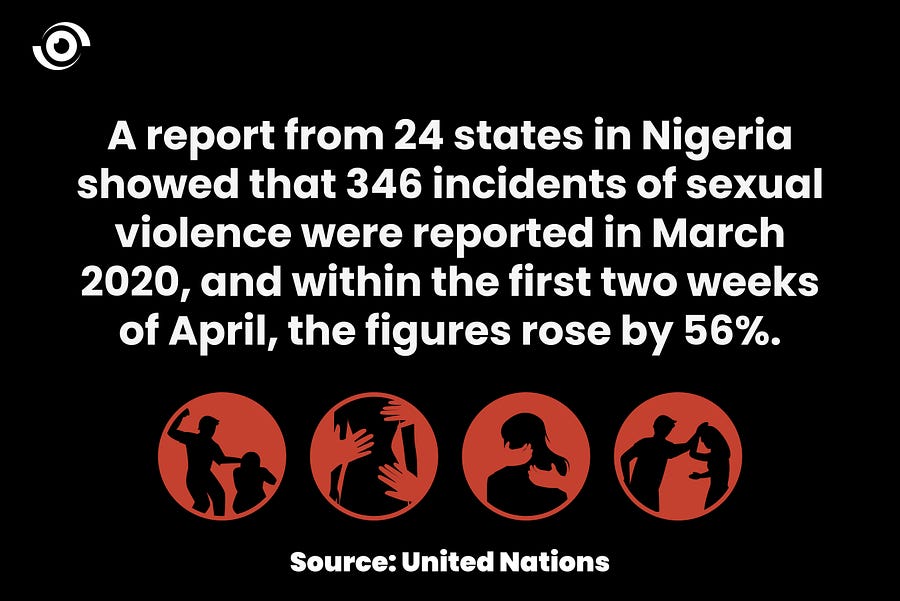
Sexual violence can cause serious short and long-term physical, mental and sexual health problems for the survivors. Survivors are at risk of depression, alcohol and substance abuse, HIV and other sexually transmitted infections, physical injuries and deaths in some circumstances. One American study showed that 33% of individuals who had been sexually abused will have suicidal thoughts, while 13% of these individuals will attempt suicide. There are also economic implications of sexual violence, in terms of lost productivity, legal interventions and case management of survivors. Globally, violence against women costs about 2% of total Gross Domestic Product (GDP).
To proffer a sustainable solution to mitigate sexual violence, it is essential to look at sexual violence from both economic and medical viewpoints and to develop interventions that address awareness, medical care and social justice.
As an immediate intervention to prevent long term complications, survivors of sexual abuse should have access to comprehensive care, including psychological support. Such should be made available at primary health care level, with clear referral pathways for survivors who may require protection from their perpetrators. Furthermore, there is a need to strengthen and expand the existing legal framework to provide justice for survivors and curb the increasing number of sexual violence. This should involve sensitization and training of the judiciary and the law enforcement agencies about sexual violence.
Most importantly, society needs to understand the implications of sexual violence. There is need to continue awareness campaigns on the effects of sexual violence on both the survivors and the society, and such campaign should target religious and community leaders who are known to raise awareness and influence attitudes, behaviors and practices of people. This awareness campaign should also focus on reducing stigma and promoting a culture that encourages survivors and their families to speak out.
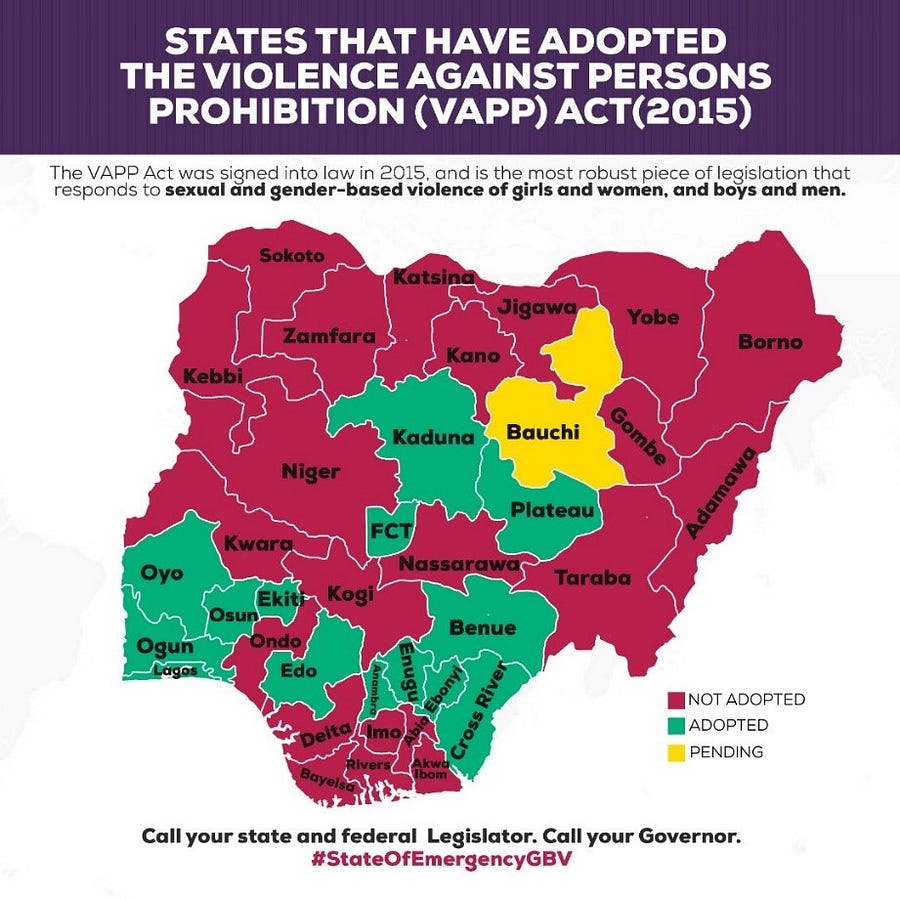
Beyond awareness campaigns, there are federal laws in place to protect people from violence. Nigeria passed the Violence Against Persons Prohibition (VAPP) Act in 2015. It is the most robust piece of legislation that responds to sexual and gender-based violence of women and girls, and of boys and men. Only 15 states in Nigeria have domesticated the Act, most recently Bauchi on July 1, 2020. In mid-June Kebbi State announced that Governor Abubakar Bagudu presented the VAPP bill for consideration alongside a law to provide for the protection of the child in Kebbi. Women and girls, boys and men living in those states that are yet to domesticate the VAPP Act may have no legal framework that can protect them in the case of sexual or gender-based violence. States must take a critical look and begin to work to protect their citizens, and citizens must insist that their state governments domesticate the VAPP Act.
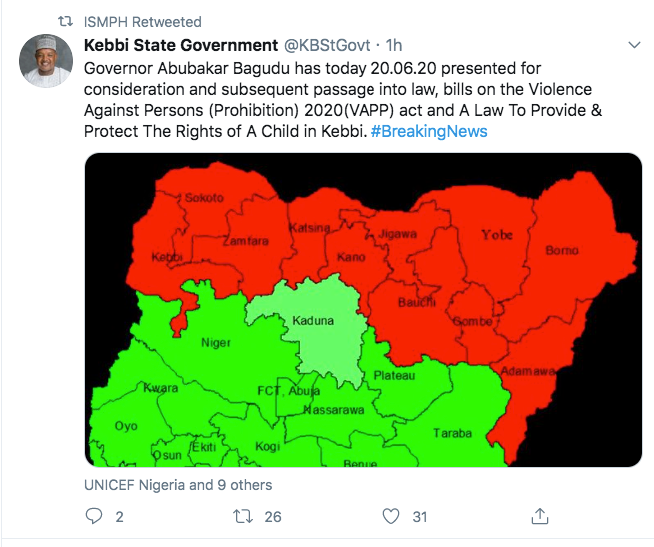
Finally, access to comprehensive care is the right of everyone. No sexual abuse survivor should be denied care or access to seek proper legal action. It is the responsibility of society to promote values that discourage sexual abuse. State governments need to do more in providing coordinated responses to sexual violence cases, ensure survivor safety and prosecute offenders.. Sexual abuse survivors should be made to know that help is available for them.
Have you or anyone around you experienced any forms of sexual assault? You can reach out to organizations such as Stand To End Rape (S.T.E.R) initiative for support. If you are in Lagos, please reach the Domestic and Sexual Violence Response Team 112/ 08137960048. How does your state respond to sexual violence cases? Let us know in the comment section.
Author Bio: Mike Adeyemi Lawal is a Medical Doctor and Global Health Advocate. He tweets as @AdeyemiML.


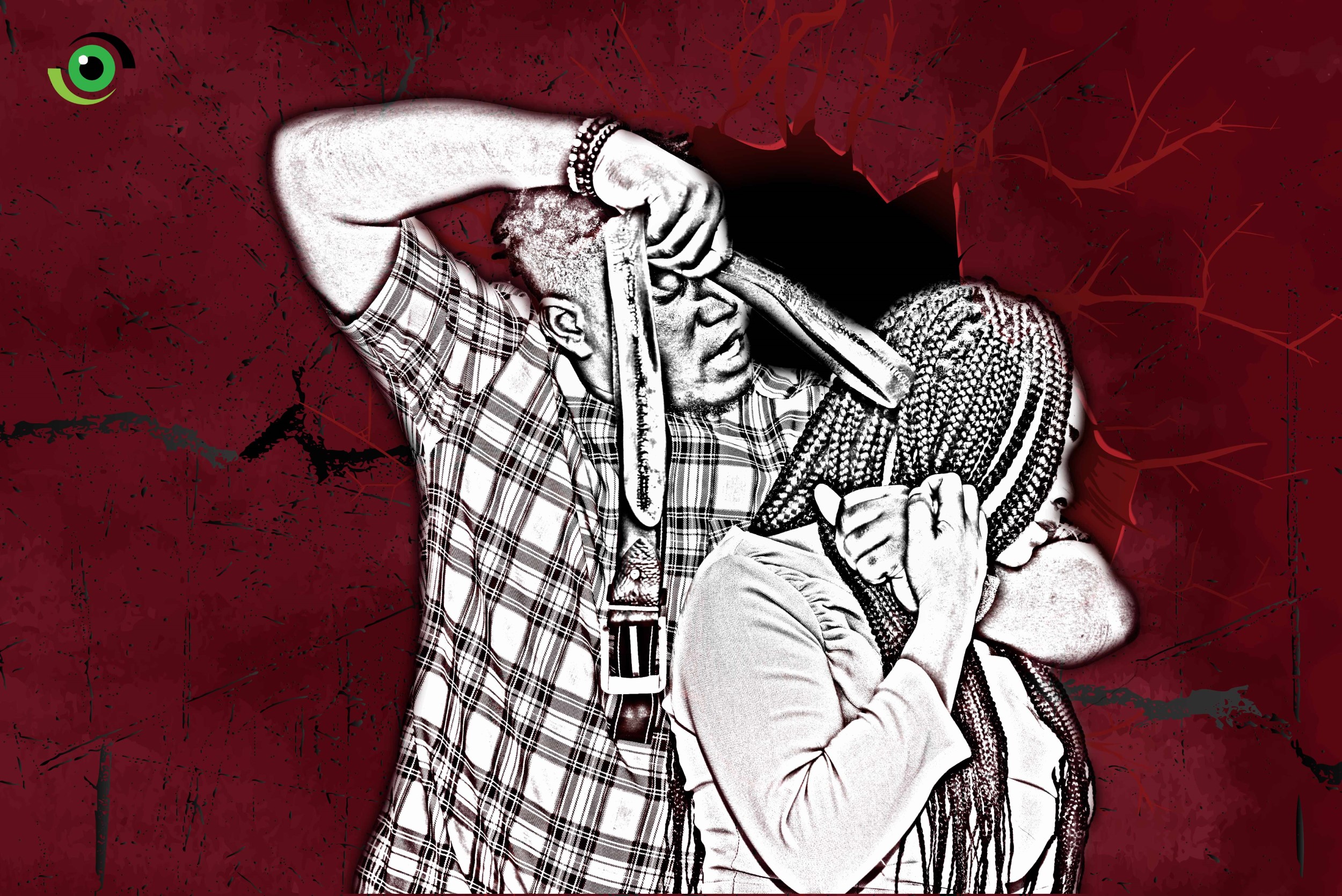
This is a good initiative. We must all unite to fight against this menace in our society. The domestication of the VAPP acts by the individual state governments must be pursued vigorously and our politicians are held accountable.
We must collectively put a stop to violence against women and perpetrators whoever they are must be brought to justice.